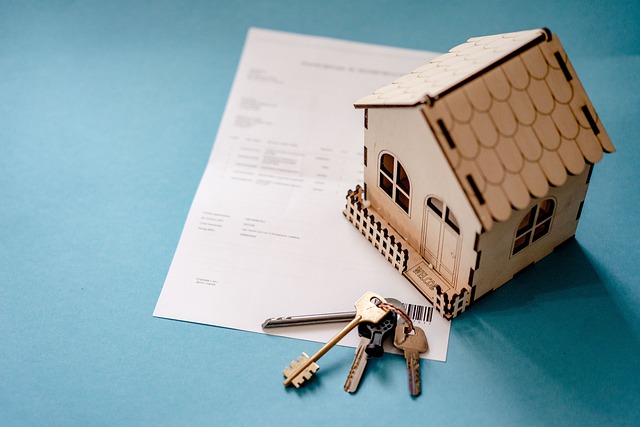Renovations in real estate serve as strategic investments, boosting property values and attracting buyers in competitive markets. Upgrades like kitchen and bathroom remodels, adding rooms, energy-efficient retrofits, and outdoor spaces enhance aesthetics and functionality. Staying informed about local zoning laws, building codes, and permit requirements is essential for legal compliance and a smooth renovation process. Consulting professionals ensures homeowners maximize value and make informed decisions in the vibrant real estate market.
Renovations and improvements are powerful tools for enhancing your home’s value in the competitive real estate market. Whether you’re looking to increase living space, modernize amenities, or boost curb appeal, understanding the impact of these projects is crucial. This article explores common improvement ventures, their benefits for homeowners, and offers a comprehensive guide on navigating legalities and permits. By delving into these aspects, you’ll gain insights to make informed decisions that maximize your real estate investment.
Understanding the Impact of Renovations on Real Estate Value

Renovations can significantly impact real estate value, making them a strategic investment for homeowners and a lucrative opportunity for real estate professionals. When done right, improvements like kitchen upgrades, bathroom remodels, or adding an extra room can increase a property’s market appeal and attract buyers willing to pay a premium. This is especially true in competitive real estate markets where well-maintained homes with modern amenities stand out.
However, understanding the scope of work, design trends, and local market dynamics is crucial. Outdated renovations or those that don’t align with current preferences might not yield the expected return on investment. Therefore, homeowners should consult professionals who can assess the property’s potential, offer expert advice, and guide them through the renovation process to ensure they get the most value for their money in the vibrant real estate market.
Common Improvement Projects for Homeowners and Their Benefits

Many homeowners opt for renovation projects not just to enhance their living spaces but also to increase their property’s value in the competitive real estate market. Common improvement projects include kitchen and bathroom upgrades, which are top priorities for many. Modernizing these spaces not only makes them more aesthetically pleasing but also increases functionality, making homes more appealing to potential buyers or tenants.
Another popular area of focus is energy-efficient remodeling. By incorporating smart home technology and using materials that offer better insulation, homeowners can reduce utility costs while contributing to a more sustainable environment. These projects also have the added benefit of improving indoor air quality, creating healthier living environments for residents. Additionally, adding or updating outdoor spaces, such as landscaping or patio renovations, can create additional livable areas, extending the enjoyment of homes beyond their interior boundaries.
Navigating Legalities and Permits: A Guide for Property Owners

Renovations and improvements are exciting projects for property owners, but they’re not without legal considerations. Before breaking ground, understanding local zoning laws, building codes, and permit requirements is crucial. These regulations ensure that construction projects adhere to safety standards, preserve neighborhood character, and respect environmental safeguards.
Navigating these legalities can seem daunting, but many communities offer resources to guide property owners. Check with your local government or a real estate professional for detailed information on permits, applications, fees, and timelines. Staying informed about these processes will help ensure your renovation project proceeds smoothly and complies with all necessary legal requirements.






